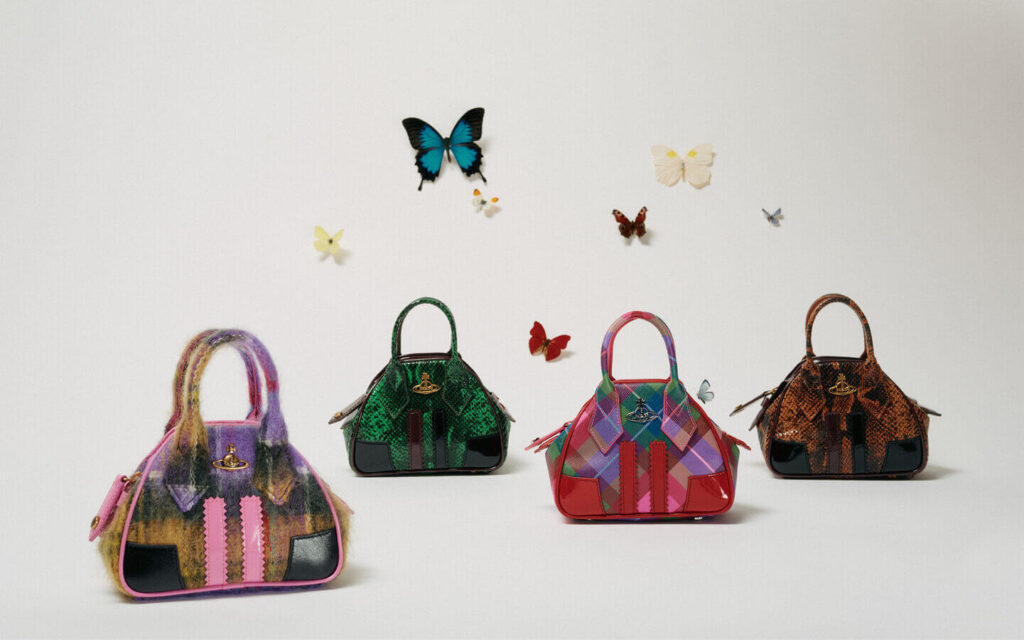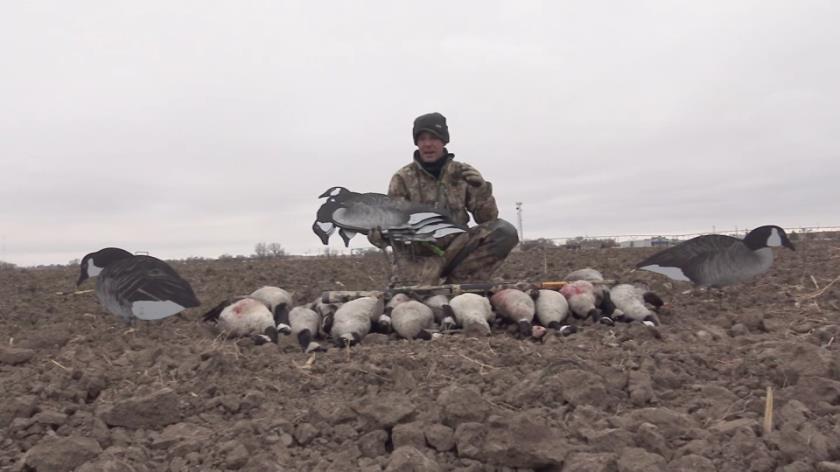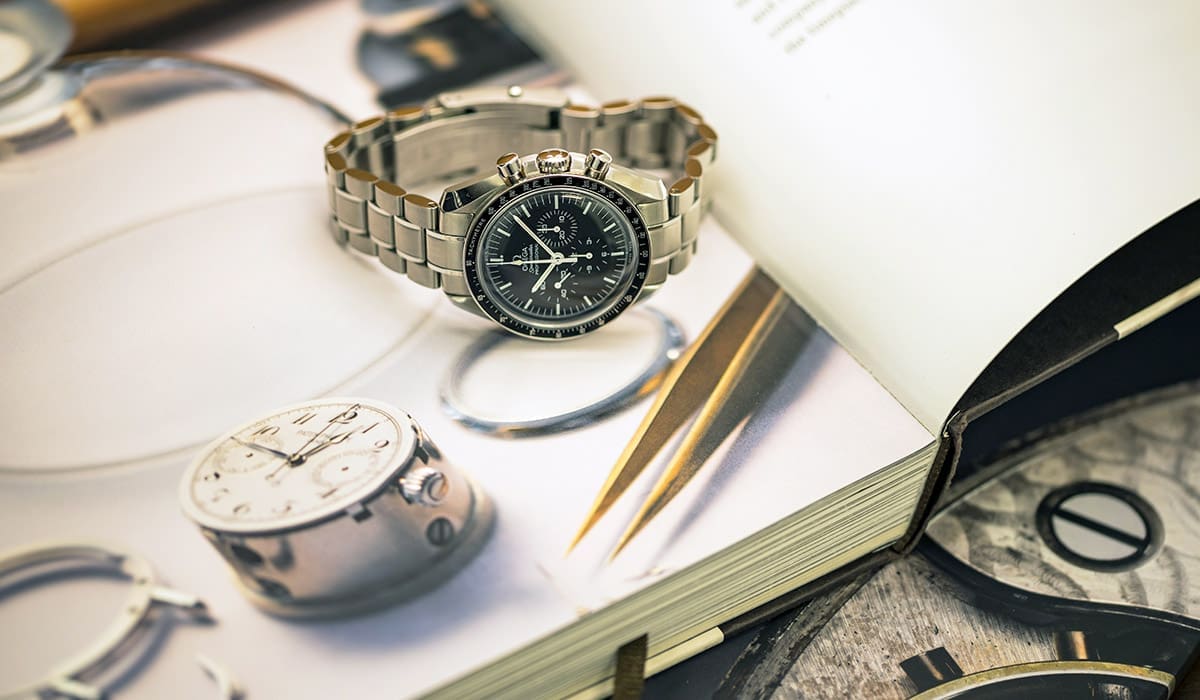
Pope Francis landed in Baghdad on Friday on the first ever papal visit to Iraq, a deeply symbolic and potentially dangerous trip to rally the country’s dwindling Christian population.
The 84-year old was greeted on the runway by Prime Minister Mustafa Al-Kadhimi, an honour guard in white plumed helmets, and lines of dancing men and women wearing the traditional folkloric costumes of Iraq’s numerous ethnic groups.
The Pope’s visit, which went ahead despite rising security fears and coronavirus infection rates, will be filled with symbolic reminders of the tribulations faced by a Christian community that has drastically shrunk in the last two decades.

Hours after his arrival, the Pope honoured the victims of one of Iraq’s worst massacres of Christians by Islamic militants, saying prayers at Baghdad’s Our Lady of Salvation Cathedral.
During a 2010 jihadist attack on the church, six suicide jihadists slaughtered two priests during Sunday mass and took over 100 congregants hostage before the church was stormed by Iraqi security forces and US troops. In all, 58 worshippers, priests, police and bystanders died in the attack.
“Their deaths are a powerful reminder that inciting war, hateful attitudes, violence or the shedding of blood are incompatible with authentic religious teaching,” the Pope said.
Years earlier the church was one of the five churches in Baghdad and one in Mosul that were targeted by near simultaneous car bombings in August 2004. The bombings, which killed 12 people, were the first direct attacks on Christians following the 2003 US invasion of Iraq. It marked the start of a wave of violence, extortion and crime targeting minorities that would see hundreds of thousands of Christians leave the country.
An estimated 1.4 million Christians lived in Iraq 20 years ago, but today church officials estimate that only a few hundred thousand Christians remain in the country, most living in the relative safety of the autonomous Kurdistan Region.
During a meeting with President Barham Salih inside the capital’s high security Green Zone, Pope Francis called for an end to the bloodshed that had prompted this exodus.
“May there be an end to acts of violence and extremism, factions and intolerance,” the Pontiff said.
Speaking at Iraq’s presidential palace, the head of the world’s 1.3 billion Catholics stressed the deep roots of Christianity in Iraq. “The age-old presence of Christians in this land, and their contributions to the life of the nation, constitute a rich heritage that they wish to continue to place at the service of all,” said Pope Francis.
He also urged Iraqi officials to “combat the scourge of corruption, misuse of power and disregard for law,” in a country consistently ranked one of the most graft-tainted by Transparency International.

Iraq’s government is eager to demonstrate it is moving past its dark years of violence and the visit is going ahead despite rocket attacks as recently as Wednesday. The trip, the Pope’s first overseas since the pandemic began, is proceeding amid nationwide coronavirus lockdown measures.
Across Baghdad, security forces demonstrated the stringent mea
sures they will use elsewhere across the country during the three-day visit, shutting down roads and deploying thousands of additional personnel to protect the pope and those who attended his appearances.
The Pope earlier this week said he could not cancel the trip as he did not want to let Iraq’s Christians down a “second time”, referring to a proposed visit by Pope John Paul II that collapsed in 1999 during negotiations with Saddam Hussein.

Further north in Erbil, the capital of the autonomous Kurdistan Region, volunteer Ledian Najib Attalah spent yesterday laying out socially distanced seating for the ten thousand people who are expected to attend mass given by the pope on Sunday afternoon.
A Christian from the Nineveh town of Qaraqosh, Mrs Attalah had fled with her family and the rest of the town’s Christian population in summer 2014 after Islamic State militants seized much of the Christian heartland province, including its capital Mosul.
Since then the 34-year-old has lived with her husband, two children and five sisters-in-law in a displacement centre in a converted shopping mall near Erbil’s ancient citadel. All her other relatives meanwhile left Iraq for new lives abroad in America, France, Canada and Germany.
The Pope’s visit had made a positive impact even before he landed, Mrs Attalah said, as Iraqi authorities focused on scrubbing up cities including Mosul and Qaraqosh that have remained in disrepair following the battles to liberate them from the Islamic State.
“This could be a turning point for the situation for Christians in this country,” she said. “But then I’m afraid to have too high expectations, I’ve learned to live day by day.”
In Mosul, UN-funded working parties have been clearing rubble ahead of the Pope’s visit to the Old City, which is home to a number of historic churches. But like much of the city, they are still in ruins following the nine month battle with Islamic State that ended in 2017.
Father Amanuel Adel Klool, the only priest living in the city, said the Pope’s visit had spurred authorities to clear up work clearing rubble. “The Pope coming to this country is not only for Christians but for all of Iraq,” he said.

On Saturday, the Pope will travel to the Shiite Holy city of Najaf to meet Grand Ayatollah Ali al-Sistani, the influential leader of Iraq’s Shiite Muslims. He will also attend an interreligious meeting in Ur, which scripture records as the birthplace of the prophet Abraham, the father of the three Abrahamic faiths.
Iraq was once home to a diverse mosaic of religious faiths but many have faced precipitous decline in recent years amid rising intolerance and violence. Almost all of Iraq’s Jews left the country during the 1950s and much of its Christian community – one of the world’s oldest – has followed in a similar exodus in recent decades. Most recently Iraq’s Yazidi minority faced a genocidal campaign of violence by Islamic State militants.
Iraq recognises 14 Christian sects including Chaldeans, Syriacs and Assyrians. The most numerous are Chaldeans, an Eastern Rite church founded in Mesopotamia that recognises the Pope but uses a version of Aramaic in services and maintains its own traditions and rituals. Smaller denominations include Armenians and Arab Christians, including Greek Orthodox, Coptic, Roman Catholic and Protestants.





More Stories
Victims, gunman, and ‘good Samaritan’ who ended massacre ID’d in Indiana mall shooting
Armed citizen at Greenwood mall hailed as hero who saved lives – WISH-TV | Indianapolis News | Indiana Weather
Indiana mall shooting: Live updates